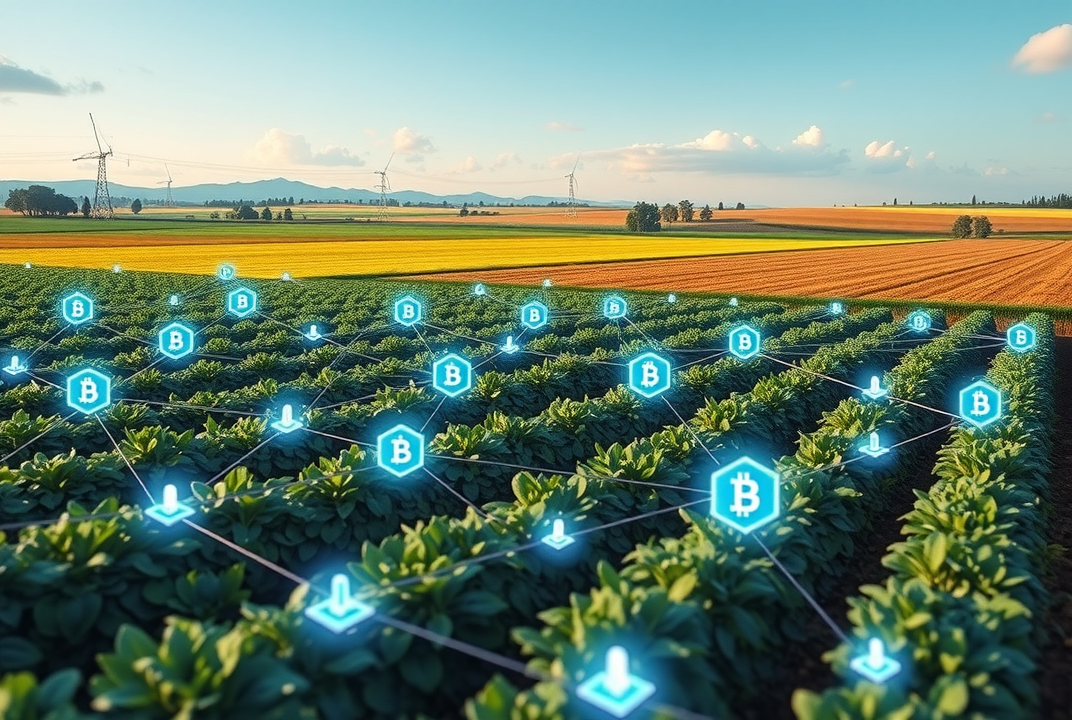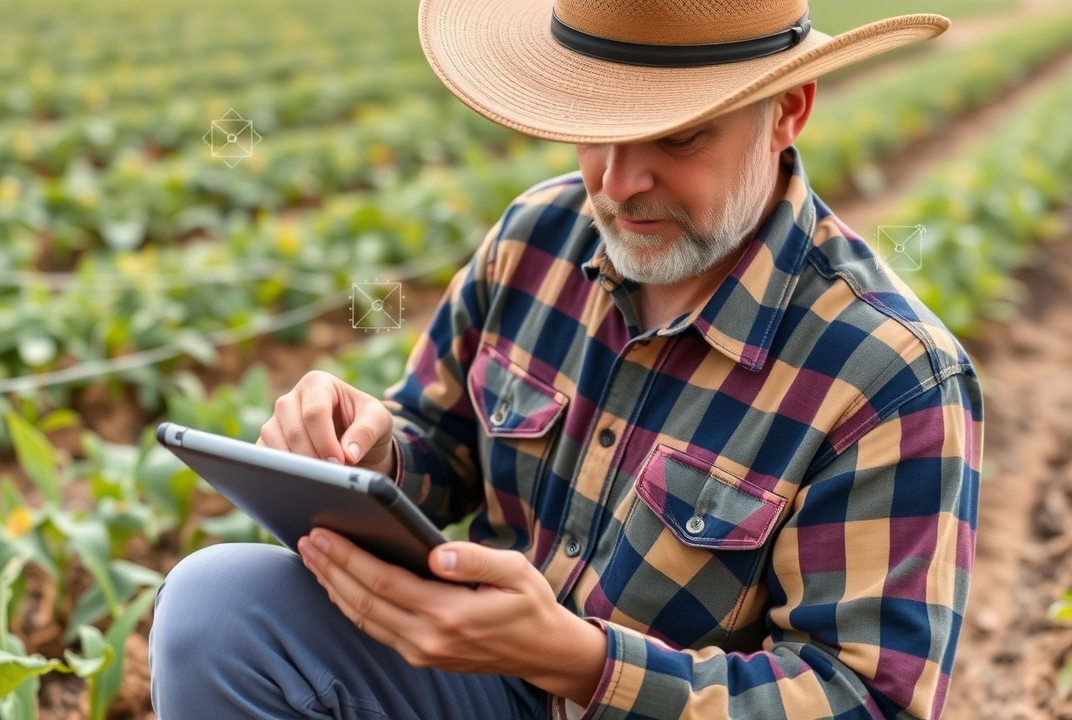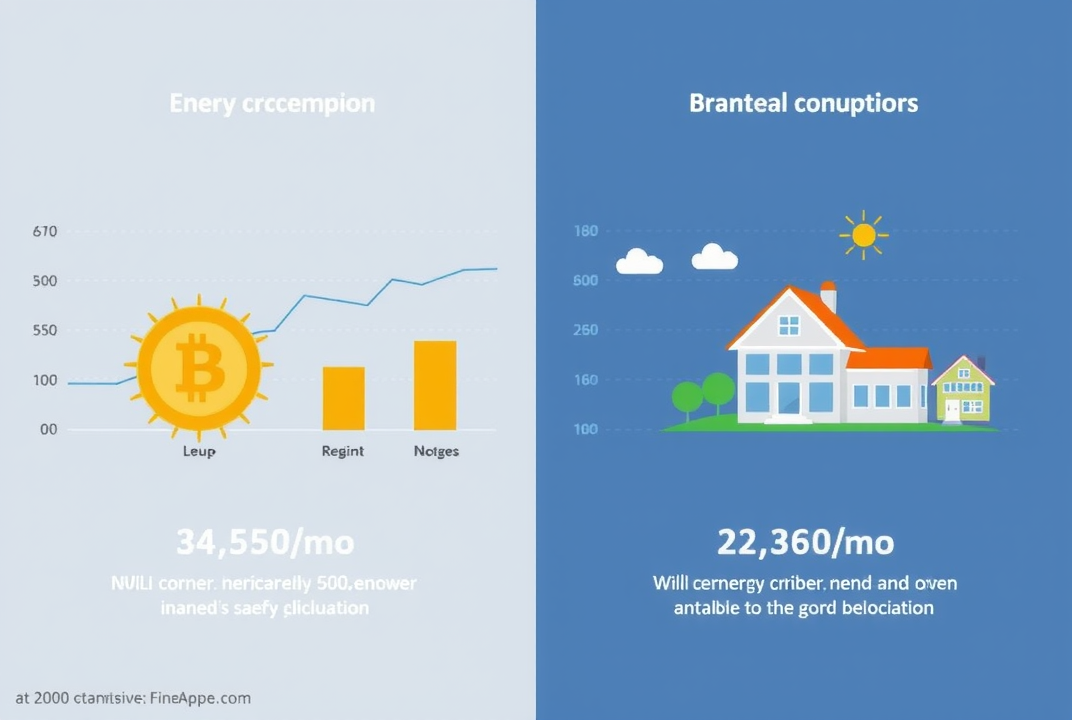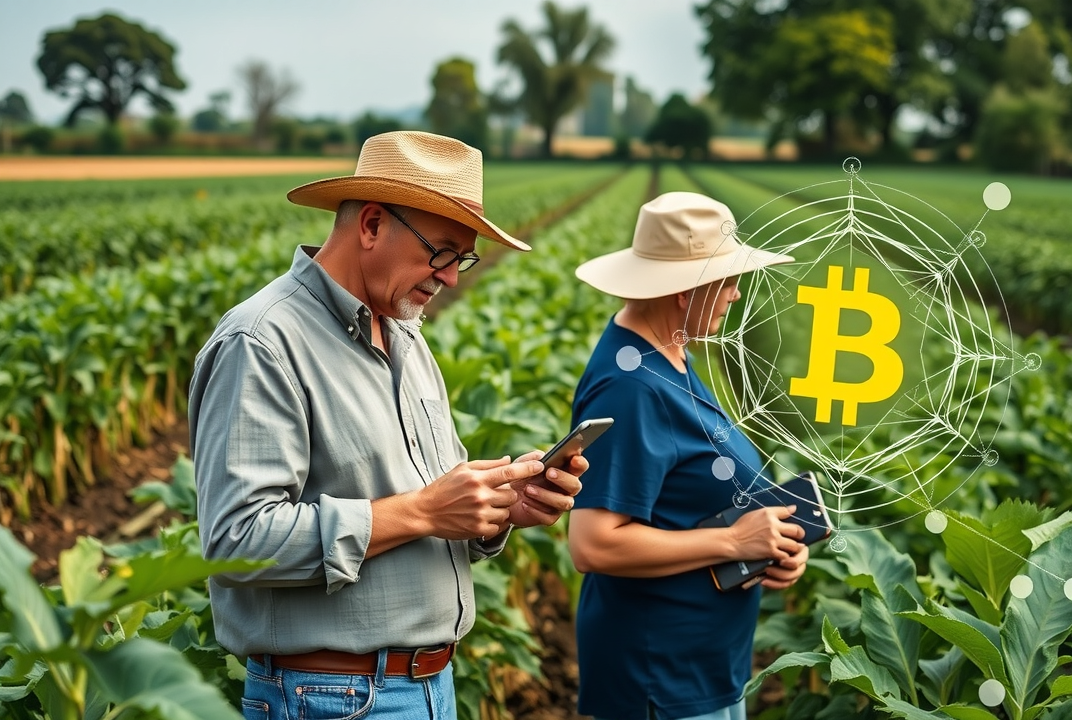Blockchain's Impact on Agricultural Market Trends: Transforming the Future

Introduction
Consider a world where a farmer in a remote village can instantly trace the journey of their produce from the field to the consumer’s table. This world is increasingly becoming a reality, thanks to blockchain technology. As blockchain reshapes the landscape of various industries, its influence on agriculture is profound and far-reaching. By enhancing transparency, traceability, and efficiency in the agricultural sector, blockchain is not only modernizing traditional practices but is also paving the way for innovative market trends. This article explores how blockchain is revolutionizing agricultural market trends and what this means for stakeholders across the globe.
Understanding Blockchain in Agriculture
Blockchain is a decentralized digital ledger technology that records transactions across multiple computers so that the record cannot be altered retroactively. This foundational technology provides a mechanism for building trustworthy systems without a central authority. Its application in agriculture, known as "Blockchain in agriculture," creates reliable records and offers transparency throughout the supply chain.
Transparency and Traceability Blockchain improves transparency in the agricultural supply chain by providing detailed records of a product’s journey. Each step, from planting to processing and transportation, is documented in real-time. This unalterable record boosts consumer confidence by ensuring product authenticity and safety.
Efficiency and Cost Reduction By automating transactions and processes, blockchain reduces the need for intermediaries, cutting costs and saving time. The technology streamlines logistics and enhances the speed of financial transactions between stakeholders.

Blockchain’s Influence on Market Trends
Blockchain technology is changing how agricultural markets operate by introducing new trends and practices.
Smart Contracts Smart contracts are self-executing contracts with the terms of agreement directly written into code. In agriculture, these contracts facilitate secure and automated agreements between farmers and buyers. This automation ensures timely payments and reduces disputes.
Decentralized Finance (DeFi) for Farmers DeFi applications allow farmers access to financial services without traditional banks. Using blockchain, farmers can secure loans at competitive rates, enabling them to invest in yields and technological advancements.
Supply Chain Optimization Blockchain optimizes supply chains by ensuring inventory is tracked accurately and efficiently. It allows for synchronized planning and resource distribution, contributing to a more robust market.

Case Study: Blockchain in Coffee Supply Chains
A notable example of blockchain’s impact can be seen in the coffee industry. Companies have implemented blockchain to trace coffee beans from farm to cup, ensuring quality and ethical sourcing. This transparency enhances brand reputation and builds consumer trust.
Blockchains offer a clear view of product origins, confirming sustainability claims and helping buyers make informed choices.
Addressing Challenges and Criticisms
Despite its promise, blockchain faces challenges, particularly around data privacy and the high energy consumption of networks. Concerns about data accuracy and the cost of technology implementation could hinder widespread adoption in agriculture.
Data Privacy While blockchain offers transparency, concerns about data privacy and control remain. Farmers and enterprises need assurance that sensitive information is protected.
Energy Consumption Some blockchain systems consume large amounts of energy. Promoting sustainable methods and solutions is vital as the technology scales in agriculture.

Future Predictions for Blockchain in Agriculture
Looking ahead, blockchain promises to not only enhance current agricultural processes but also introduce new market opportunities.
Collaborative Platforms Blockchain enables collaboration between small farms and multinational corporations by providing a fair and open marketplace. This collaboration leads to diversified market opportunities and innovation.
Regulatory Compliance With increasing regulatory demands for transparency, blockchain simplifies compliance, helping farmers and businesses adhere to industry standards.
Emerging Technologies Future integration with IoT devices and AI could amplify blockchain’s impact by offering real-time data insights and automation.

Conclusion
Blockchain is, indeed, revolutionizing agricultural market trends by creating new possibilities, enhancing transparency, and improving efficiency. As the technology continues to evolve, it offers stakeholders from farmers to consumers an opportunity to engage in trustworthy and streamlined agricultural practices. Embracing blockchain may require overcoming technological and energy challenges, but the potential benefits can significantly advance the agricultural sector. Those willing to invest in blockchain-driven innovation will likely lead in transforming the foundations of global agriculture. Now is the time for industry players to explore and harness blockchain’s potential, shaping a future defined by integrity and insight.